Here is a thing which I will plan to update each time I add a new review. This should make it easy for anyone who is sufficiently depraved enough to enjoy what I write and craves more. There isn’t a huge amount yet, but I do have a tonne of reviews written years ago for IMDB which I haven’t posted here yet, along with all my other Album reviews for Amazon. This list will grow. For now, click on anything you like!
Movie Reviews
#Alive – Il Cho
11/22/63 – Bridget Carpenter
2001 Maniacs – Tim Sullivan
300: Rise Of An Empire – Noam Murro
A Dark Song – Liam Gavin
A Girl Walks Home Alone At Night – Ana Lily Amirpour
A Quiet Place – John Krasinski
A Hard Day – Kim Seong Hun
A Mighty Wind – Christopher Guest
A Nightmare On Elm Street – Wes Craven
A Tale Of Two Sisters – Kim Ji Woon
A Wish For Christmas – Christie Will Wolf
Aftermath – Elliott Lester
After Midnight – Jeremy Gardner/Christian Stella
After The Silence – Fred Gerber
Airwolf – Donald Bellisario
Akira – Katsuhiro Otomo
Alan Partridge: Alpha Papa – Declan Lowney
Alien – Ridley Scott
Aliens – James Cameron
Alien 3 – David Fincher
Annihilation – Alex Garland
Arachnophobia – Frank Marshall
Assault On Precinct 13 – John Carpenter
Attack Of The Adult Babies – Dominic Brunt
August Rush – Kirsten Sheridan
AWOL – Sheldon Lettich
Bad Lieutenant – Abel Ferrara
Bait – Kimble Rendall
Bangkok Dangerous – The Pang Brothers
Baskin – Can Evrenol
Battle Royale – Kinji Fukasaku
Beavis And Butthead – Mike Judge
Beetlejuice – Tim Burton
Bedevilled – Jang Cheol-soo
Benny And Joon – Jeremiah S Chechik
Big Driver – Mikael Salomon
Big Trouble In Little China – John Carpenter
Bill And Ted’s Bogus Journey – Peter Hewitt
Bill And Ted’s Excellent Adventure – Stephen Herek
Bill And Ted Face The Music – Dean Parisot
Birdy – Alan Parker
Black Coal, Thin Ice – Diao Yinan
Blair Witch – Adam Wingard
Blood Father – Jean Francois Richet
Blood Fest – Owen Egerton
Bloodsport – Newt Arnold
Bodyguards And Assassins – Teddy Chan
Body Shots – Michael Christofer
Body Snatchers – Abel Ferrara
Bordello Of Blood – Gilbert Adler
Braindead – Peter Jackson
Brooklyn Rules – Michael Corrente
Brother – Takeshi Kitano
Bruiser – George A Romero
Cam – Daneil Goldhaber
Cannibal – Manuel Martin Cuenca
Captain America: The First Avenger – Joe Johnston
Carne – Gaspar Noe
Cell – Tod Williams
Chasing Amy – Kevin Smith
Chasing Sleep – Michael Walker
Children Of The Corn – Fritz Kiersch
Christmas At Castle Hart – Stefan Scaini
Christmas In Rome – Ernie Barbarash
Cockneys Vs Zombies – Matthias Hoene
Come And See – Elem Kilmov
Commando – Mark L Lester
Conan The Barbarian – John Milius
Creepshow 2 – Michael Gornick
Cronos – Guillermo Del Toro
Cursed – Wes Craven
Cyborg – Albert Pyun
Dark City – Alex Proyas
Dark Tide – John Stockwell
Darlin – Pollyanna Macintosh
Dawn Of The Dead – Zack Snyder
Day of The Dead – George A Romero
Daylight – Rob Cohen
Dead Of Night (1977) – Dan Curtis
Dead Snow – Tommy Wirkola
Death Sentence – James Wan
Death Wish 2 – Michael Winner
Demons – Lamberto Bava
Desperado – Robert Rodriguez
Dial M For Murder – Alfred Hitchcock
Die Another Day – Lee Tamahori
Dirty Pretty Things – Stephen Frears
Disenchanted – Adam Shankman
Disturbia – D.J. Caruso
Dobermann – Jan Kounen
Dogma – Kevin Smith
Donnie Brasco – Mike Newell
Don’t Blink – Travis Oates
Don’t Tell Mom The Babysitter’s Dead – Stephen Herek
Double Impact – Sheldon Lettich
Dr No – Terence Young
Dream Warriors – Chuck Russell
Drug War – Johnie To
Dumb And Dumber – The Farrelly Bros
Dumplin‘ – Anne Fletcher
Eaten Alive – Tobe Hooper
El Mariachi – Robert Rodriguez
Escape From Sobibor – Jack Gold
Escape Plan – Mikael Hafstrom
Escape Room – Adam Robitel
Embodiment Of Evil – Jose Marins
Everyone’s Hero – Christopher Reeve, Colin Brady, Daniel St. Pierre
Evil Dead – Fede Alvarez
Excision – Richard Bates Jr
Extinction – Miguel Angel Vivas
Family For Christmas – Amanda Tapping
Fanboys – Kyle Newman
February – Oz Perkins
Final Destination – James Wong
Final Destination 2 – David R Ellis
First Blood – Ted Kotcheff
Fist Of Fury – Bruce Lee
For Your Eyes Only – John Glen
Freddy’s Dead – Rachel Talalay
Freddy’s Revenge – Jack Sholder
Freddy Vs Jason – Ronny Yu
Frenzy – Alfred Hitchcock
Frenzy – Jose Montesinos
Friend Request – Simon Verhoeven
From Russia With Love – Terence Young
Game of Death – Bruce Lee/Robert Clouse
Game Night – John Francis Daley/Jonathan Goldstein
Girls Against Boys – Austin Chick
God Bless America – Bobcat Goldthwaite
Goldeneye – Martin Campbell
Goldfinger – Guy Hamilton
Goodnight Mommy – Veronika Franz/Severin Fiala
Grave Encounters – The Vicious Brothers
Grave Encounters 2 – John Poliquin
Gravity – Alfonso Cuaron
Halloween – John Carpenter
Halloween 2 and 3 – Rick Rosenthal/Tommy Lee Wallace
Halloween 4 – Dwight H Little
Halloween 5 – Dominique Othenin Gerard
Hard-Boiled – John Woo
Hard Target – John Woo
Hansel And Gretal – Yim Phil-Sung
Heartbreakers – David Mirkin
Heli – Amat Escalante
Hellboy – Guillermo Del Toro
Hellions – Bruce Macdonald
Home Alone – Chris Columbus
Honor And Glory – Godfrey Ho
Horrible Bosses – Seth Gordon
Ichi – Fumihiko Sori
Ichi The Killer – Takashi Miike
I Am The Pretty Thing That Lives In The House – Oz Perkins
I’m Not A Serial Killer – Billy O’Brien
Inoperable – Christopher Laurence Chapman
Into The Mirror – Kim Sung Ho
I Really Hate My Job – Oliver Parker
It Comes At Night – Trey Edward Shults
It’s All About Love – Thomas Vinterberg
Jaws – Steven Spielberg
Jaws 2 – Jeannot Szwarc
Jaws 3 – Joe Alvez
Jaws 4 – Joseph Sargent
John Wick – Chad Stahelski/David Leitch
Jurassic Park – Steven Spielberg
Ju-On Black Ghost – Mari Asato
Ju-On White Ghost – Ryuta Miyake
Kickboxer – Mark DiSalle/David Worth
Kids – Larry Clark
Kill Bill Vol 1 – Quentin Tarantino
King Kong – Merian C Cooper/Ernest B Schoedsack
Kingdom Of Heaven – Ridley Scott
Knock Knock – Eli Roth
Lady Bird – Greta Gerwig
Leatherface – Maury & Bustillo
Leon – Luc Besson
Lifeboat – Alfred Hitchcock
Last Action Hero – John McTiernan
Life – Daniel Espinosa
Live And Let Die – Guy Hamilton
Loaded – Alan Pao
Lost Highway – David Lynch
Love On Safari – Leif Bristow
Macbeth – Orson Welles
Manuscripts Don’t Burn – Mohammed Rousalof
Megan Is Missing – Michael Goi
Milius – Joey Figuero
Mortal Kombat – Simon McQoid
Mother’s Day – Darren Lynn Bousman
Mouth To Mouth – Alison Murray
Mr And Mrs Smith – Alfred Hitchcock
My Soul To Take – Wes Craven
Never Sleep Again – Daniel Farrands/Andrew Kach
Night Of The Demons – Kevin S Tenney
Night Of The Living Dead – George A Romero
Nowhere To Run – Robert Harmon
On The Road – Walter Salles
Origin: Spirits Of The Past – Keichi Sugiyama
Outrage – Takeshi Kitano
Out Of The Furnace – Scott Cooper
P2 – Frank Khalfoun
Pandorum – Christian Alvart
Peacock – Michael Lander
Perdita Durango – Alex de la Iglesia
Perlasca – Alberto Negrin
Pieta – Kim Ki Duk
Police Academy 1-7 – Various
Pontypool – Bruce McDonald
Predator 2 – Stephen Hopkins
Priceless – Pierre Salvadori
Pride, Prejudice, And Mistletoe – Don McBrearty
Problem Child – Dennis Dugan
Project X – Nima Nourizadeh
Pyewacket – Adam Macdonald
Q: The Winged Serpent – Larry Cohen
Radius – Caroline Labreche/Steeve Leonard
Raw Deal – John Irvin
Ready Or Not – Radio Silence
Rear Window – Alfred Hitchcock
Re:born – Yuji Shimomura
Red Heat – Walter Hill
Red Sonja – Richard Fleischer
Resident Evil – Paul WS Anderson
Resident Evil 2 – Alexander Witt
Return To Oz – Walter Murch
Rhapsody In August – Akira Kurosawa
Ring – Hideo Nakata
Ring 2 – Hideo Nakata
Ring 0 – Norio Tsuruta
Rings – F.Javier Gutierrez
Rogue – Greg McLean
Room – Lenny Abrahamson
Room 237 – Rodney Ascher
Rope – Alfred Hitchcock
Rosewood Lane – Victor Salva
Rubber – Quentin Dupeiux
Rust And Bone – Jacques Audiard
Sabotage – David Ayer
Sanctum – Alister Grierson
Sator – Jordan Graham
Scream – Wes Craven
Scream 3 – Wes Craven
Seeking A Friend For The End Of The World – Lorene Scafaria
Seul Contre Tous – Gaspar Noe
Seven Samurai – Akira Kurosawa
Shanghai Kiss – David Ren/Ken Kernwiser
Shark Attack – Jared Cohn
She Dies Tomorrow – Amy Seimetz
Signs – M Night Shyamalan
Society – Brian Yuzna
Someone’s Watching Me – John Carpenter
Sophie Scholl – The Final Days – Marc Rothemond
Spiderman 2 – Sam Raimi
Staunton Hill – Cameron Romero
Still Walking – Hirokazu Koreeda
Street Trash – Jim Munro
Stripes – Ivan Reitman
Street Hawk – Virgil W Vogel
Suicide Club – Sion Sono
Sukiyaki Western Django – Takeshi Miike
Survive Style 5 + – Gen Sekiguchi
Swim – Jared Cohn
Tag – Sion Sono
Tears Of The Sun – Antoine Fuqua
Ted – Seth MacFarlane
The 39 Steps – Alfred Hitchcock
The Art Of War – Christian Deguay
Thelma And Louise – Ridley Scott
The Birds – Alfred Hitchcock
The Blair Witch Project – Daniel Myrick, Eduardo Sanchez
The Boss Of It All – Lars Von Trier
The Clovehitch Killer – Duncan Skilies
The Craft – Andrew Fleming
The Crow – Alex Proyas
The Detective – Oxide Pang
The Devil’s Rain – Robert Fuest
The Divide – Xavier Gens
The Driver – Walter Hill
The Empress And The Warriors – Ching Siu Tung
The Evil Dead – Sam Raimi
The Evil Dead 2 – Sam Raimi
The Fifth Element – Luc Besson
The First Men In The Moon – Nathan Juran
The Forest Of Love – Sion Sono
The Ghost And The Darkness – Stephen Hopkins
The Gate – Tibor Takacs
The Gift – Joel Edgerton
The Girl With All The Gifts – Colm McCarthy
The Girl Who Leapt Through Time – Mamoru Hosoda
The Green Inferno – Eli Roth
The Grudge – Takashi Shimazu
The Guest – Adam Wingard
The Happiness Of The Katakuris – Takashi Miike
The Haunting Of Goodnight Lane – Alin Bijan
The Hitcher – Robert Harmon
The House Of The Devil – Ti West
The Idiots – Lars Von Trier
The Innkeepers – Ti West
The Isle – Kim Ki Duk
The Kings Of Summer – Jordan Vogt Roberts
The Last Boy Scout – Tony Scott
The Last Exorcism – Daniel Stamm
The Last Exorcism 2 – Ed Gass-Donnelly
The Last House On The Left – Wes Craven
The Lifeguard – Liz W Garcia
The Lure – Agnieszka Smoczynska
The Man From Earth – Richard Schenkman
The Man Who Knew Too Much – Alfred Hitchcock
The Mannsfield 12 – Craig Ross Jr
The Night Eats The World – Dominique Rocher
The Pact – Nicholas McCarthy
The Password Is Courage – Andrew L Stone
The Perfection – Richard Shepard
The Poughkeepsie Tapes – John Erick Dowdle
The Predator – Shane Black
The Red Squirrel – Julio Medem
The Sand – Isaac Gabaeff
The Secret Life Of Pets – Chris Renaud
The Slumber Party Massacre – Amy Holden Jones
The Storm Warriors – The Pang Brothers
The Stranger – Robert Lieberman
The Stuff – Larry Cohen
The Tortured – Robert Lieberman
The Visit – M Night Shyamalan
The Wailing – Na Hong-jin
The Wisdom Of Crocodiles – Po Chih Leong
The Wisher (Spliced) – Gavin Wilding
The Witch – Robert Eggers
The Windmill Massacre – Nick Jongerius
Train To Busan – Yeon Sang-ho
Triangle – Hark Tsui/Ringo Lam
Trilogy Of Terror – Dan Curtis
Troy: The Odyssey – Tekin Girgin
Tusk – Kevin Smith
Twins – Ivan Reitman
Unbreakable – M Night Shyamalan
Universal Soldier – Roland Emmerich
USS Indianapolis – Mario Van Peebles
V/H/S – Various
V/H/S 2 – Various
Visitor Q – Takashi Miike
Wake In Fright – Ted Kotcheff
Wake Wood – David Keating
Way Of The Dragon – Bruce Lee
We Are What We Are – Jim Mickle
We Are Still Here – Ted Geoghagen
Wes Craven’s New Nightmare – Wes Craven
Winter Soldier – Winterfilm Collective
Wolfcop – Lowell Dean
X – Ti West
Yellowbrickroad – Jessie Holland/Andy Mitton
You Were Never Really Here – Lynne Ramsey
Zombie Creeping Flesh – Bruno Mattei
Zombieland – Ruben Fleischer
TV Reviews
Are You Afraid Of The Dark
Back To School At 35
Breaking Bad
Friends
Game Of Thrones
Gladiators
Neighbours
Saved By The Bell
Strike It Lucky
The League Of Gentlemen
The Walking Dead
Wolf Creek
Wreslemania 34
Music Reviews
11 – Bryan Adams
101 Dalmations – Disney
2020 – Bon Jovi
18 Till I Die – Bryan Adams
3 Feet High And Rising – De La Soul
7800 Farenheit – Bon Jovi
A Celebration Of Endings – Biffy Clyro
A Hard Day’s Night – The Beatles
A Love Supreme – John Coltrane
A Night At The Opera – Queen
Abbey Road – The Beatles
Accessories – The Gathering
Aftermath – The Rolling Stones
Afterwords – The Gathering
Air – Agua De Annique
Aladdin Sane – David Bowie
Alice In Wonderland – Disney
All Things Must Pass – George Harrison
American Life – Madonna
Anti-Icon – Ghostmane
Ascension – John Coltrane
Atomic Jones – Tom Jones
Balls To Picasso – Bruce Dickinson
Beaucoup Of Blues – Ringo Starr
Bedtime Stories – Madonna
Between The Buttons – Rolling Stones
Black Sabbath – Black Sabbath
Black Saint & The Sinner Lady – Charles Mingus
Black Tie White Noise – David Bowie
Blaze Of Glory – Bon Jovi
Blizzard Of Ozz – Ozzy Osbourne
Blood On The Tracks – Bob Dylan
Blood, Sweat, And Tears – Blood, Sweat, and Tears
Blue – Joni Mitchell
Blur – Blur
Bookends – Simon & Garfunkel
Bounce – Bon Jovi
Brave (Part One) – Marillion
Brave (Part Two) – Marillion
British Steel – Judas Priest
Bryan Adams – Bryan Adams
Burning Bridges – Bon Jovi
Cinderella – Disney
Charm School – Roxette
Chromatica – Lady Gaga
Closer – Joy Division
Crying Time – Ray Charles
Clutching At Straws (2) – Marillion
Clutching At Straws (1) – Marillion
Conan The Barbarian Soundtrack – Basil Poledouris
Conan The Destroyer Soundtrack – Basil Poledouris
Confessions On The Dancefloor – Madonna
Crash! Boom! Bang! – Roxette
Crush – Bon Jovi
Destination Anywhere – Bon Jovi
Diamond Dogs – David Bowie
Disclosure – The Gathering
Dumb And Dumber Soundtrack – Various
Electronic Sounds – George Harrison
Entroducing – DJ Shadow
Erotica – Madonna
Eternal Atake – Lil Uzi Vert
Everything Is Changing – Anneke Van Giersbergen
Evita – Madonna
Fetch The Bolt Cutters – Fiona Apple
Five O’Clock World – The Vogues
For Sale – The Beatles
Fugazi (1) – Marillion
Fugazi (2) – Marillion
Fulfillingness’ First Finale – Stevie Wonder
Fun And Fancy Free – Disney
Future Nostalgia – Dua Lipa
Genius + Soul = Jazz – Ray Charles
Get Up – Bryan Adams
Hangman’s Beautiful Daughter – Incredible String Band
Hard Candy – Madonna
Harvest Moon – Neil Young
Have A Nice Day – Bon Jovi
Have A Nice Day – Roxette
Heaven And Hell – Black Sabbath
Heaven Or Las Vegas – Cocteau Twins
Head On – Samson
Help! – The Beatles
“Heroes” – David Bowie
Hey Stoopid – Alice Cooper
High Roller – Urchin
Highway To Hell – ACDC
Holy Diver – Dio
Home – The Gathering
Holidays In Eden (1) – Marillion
Holidays In Eden (2) – Marillion
How To Measure A Planet? – The Gathering
Hunky Dory – David Bowie
I’m Breathless – Madonna
I Hear A Symphony – The Supremes
Imagine – John Lennon
Into The Fair – Bryan Adams
In Your Room – Anneke Van Giersbergen
Jagged Little Pill – Alanis Morissette
Jazz Samba – Stan Getz
Jealous Heart – Connie Francis
Joyride – Roxette
Just Like Us – Paul Revere And The Raiders
Keep The Faith – Bon jovi
Ladies Of The Canyon – Joni Mitchell
Lady And The Tramp – Disney
Lazer Guided Melodies – Spiritualized
Leftism – Leftfield
Less Is More – Marillion
Let It Be – The Beatles
Lets Dance – David Bowie
Life’s Rich Pageant – REM
Lightfoot – Gordon Lightfoot
Like A Prayer – Madonna
Like A Virgin – Madonna
Little Deuce Coupe – The Beach Boys
Live In Europe – Anneke Van Giersbergen
Lodger – David Bowie
Look Sharp – Roxette
Lost Highway – Bon Jovi
Low – David Bowie
Machine Head – Deep Purple
Madame X – Madonna
Madonna – Madonna
Magical Mystery Tour – The Beatles
Mandylion – The Gathering
Manic Street Preachers Live In Belfast – Manic Street Preachers
Master Of Reality – Black Sabbath
McCartney – Paul McCartney
MDNA – Madonna
Melody Time – Disney
Miles Of Aisles – Joni Mitchell
Misplaced Childhood (1) – Marillion
Misplaced Childhood (2) – Marillion
Music! – Madonna
My Fair Lady Soundtrack – Various
My Turn – Lil Baby
Never Let Me Down – David Bowie
New Jersey – Bon Jovi
Nighttime Birds – The Gathering
Night On My Side – Gemma Hayes
Nothing Is True And Everything Is Possible – Enter Shikari
Ohms – Deftones
On A Day Like Today – Bryan Adams
Operation Mindcrime – Queensryche
Out Of Our Heads – The Rolling Stones
Our Favourite Shop – The Style Council
Outside – David Bowie
Painkiller – Judas Priest
Pearls Of Passion – Roxette
Peter Pan – Disney
Please Please Me – The Beatles
Pin Ups – David Bowie
Pretender – Jackson Browne
Punisher – Phoebe Bridges
Pure Air – Agua De Annique
Ram – Paul McCartney
Rarities – Madonna
Ray Of Light – Madonna
Rebel Heart – Madonna
Restless And Wild – Accept
Revolver – The Beatles
Roisin Machine – Roisin Murphy
Rolling Stones – The Rolling Stones
Rolling Stones 2 – The Rolling Stones
Roll Out The Red Carpet – Buck Owens
Room Service – Roxette
Room Service – Bryan Adams
Rough & Rowdy Ways – Bob Dylan
Rubber Soul – The Beatles
Saludos Amigos – Disney
Satin Pillows & Careless – Bobby Vinton
Savage – Eurythmics
Scary Monsters – David Bowie
Screaming For Vengeance – Judas Priest
Script For A Jester’s Tear (1) – Marillion
Script For A Jester’s Tear (2) – Marillion
Seasons End (2) – Marillion
Seasons End (1) – Marillion
Second Coming – The Stone Roses
Sentimental Journey – Ringo Starr
Set My Heart On Fire Immediately – Perfume Genius
Sgt Pepper’s Lonely Hearts Club Band – The Beatles
Shine A Light – Bryan Adams
Shoot For The Moon – Pop Smoke
Shout At The Devil – Motley Crue
Shut Down Vol 2: The Beach Boys
Silver & Gold – ASAP
Sleeping Beauty – Disney
Sleepy Buildings – The Gathering
Slippery When Wet – Bon Jovi
Some Time In New York City – John Lennon
Song To A Seagull – Joni Mitchell
Sounds Of Silence – Simon & Garfunkel
Souvenirs – The Gathering
Space Oddity – David Bowie
Speaking In Tongues – Talking Heads
Spirit – Bryan Adams
State Of Mind – Psycho Motel
Station To Station – David Bowie
Surfer Girl – The Beach Boys
Surfin Safari – The Beach Boys
Surfin USA – The Beach Boys
Tattooed Millionaire – Bruce Dickinson
The Adventures Of Ichabod & Mr Toad – Disney
The Buddha Of Suburbia – David Bowie
The Circle – Bon Jovi
The Orbison Way – Roy Orbison
The Sky Is Crying – Stevie Ray Vaughn
Them Again – Them
These Days – Bon Jovi
This House Is Not For Sale – Bon Jovi
The Man Who Sold The World – David Bowie
The Marshall Mathers LP – Eminem
The Plastic Ono Band – John Lennon
The Rise And Fall Of Ziggy Stardust – David Bowie
The Roads Don’t Love You – Gemma Hayes
The Royal Scam – Steely Dan
The Second Album – The Spencer Davis Group
The Sword In The Stone – Disney
The West Pole – The Gathering
The White Album – The Beatles
Tin Machine – David Bowie/Tin Machine
Tin Machine II – Bowie
Tonight – David Bowie
Tori Amos Live In Belfast – Tori Amos
Transformer – Lou Reed
Tracy Chapman – Tracy Chapman
Travelling – Roxette
True Blue – Madonna
Tubular Bells – Mike Oldfield
Underneath – Code Orange
Ungodly Hour – Chloe X Halle
Urban Hymns – The Verve
Van Halen – Van Halen
Violent Femmes – Violent Femmes
Vulgar Display Of Power – Pantera
Waking Up The Neighbours – Bryan Adams
Wild Life – Wings
With The Beatles – The Beatles
What About Now – Bon Jovi
What’s Going On – Marvin Gaye
What’s Your Pleasure – Jessie Ware
White Spirit – White Spirit
Wonderwall Music – George Harrison
Yellow Submarine – The Beatles
YHLQMDLG – Bad Bunny
You Want It You Got It – Bryan Adams
Young Americans – David Bowie
Youth Novels – Lykke Li
Book Reviews
1000 Zombies – Alex Cox
Atmospheric Disturbances – Rivka Galchen
Catching Fire – Suzanne Collins
Dinosaurs – Navigators
Fang Of The Vampire – Scream Street
Japan Day By Day – Frommers
London 2008 – Time Out
London Free And Dirt Cheap – Frommers
Paris 2009 – Time Out
Play With Colours – The Happets
The Art Of Racing In The Rain – Garth Stein
The Devouring – Simon Holt
The Gargoyle – Andrew Davidson
The Hunger Games – Suzanne Collins
The Invention Of Everything Else – Samantha Hunt
The Mayan Prophecies – Gerald Benedict
The Maze Runner – James Dashner
Undead – Kirsty Mckay
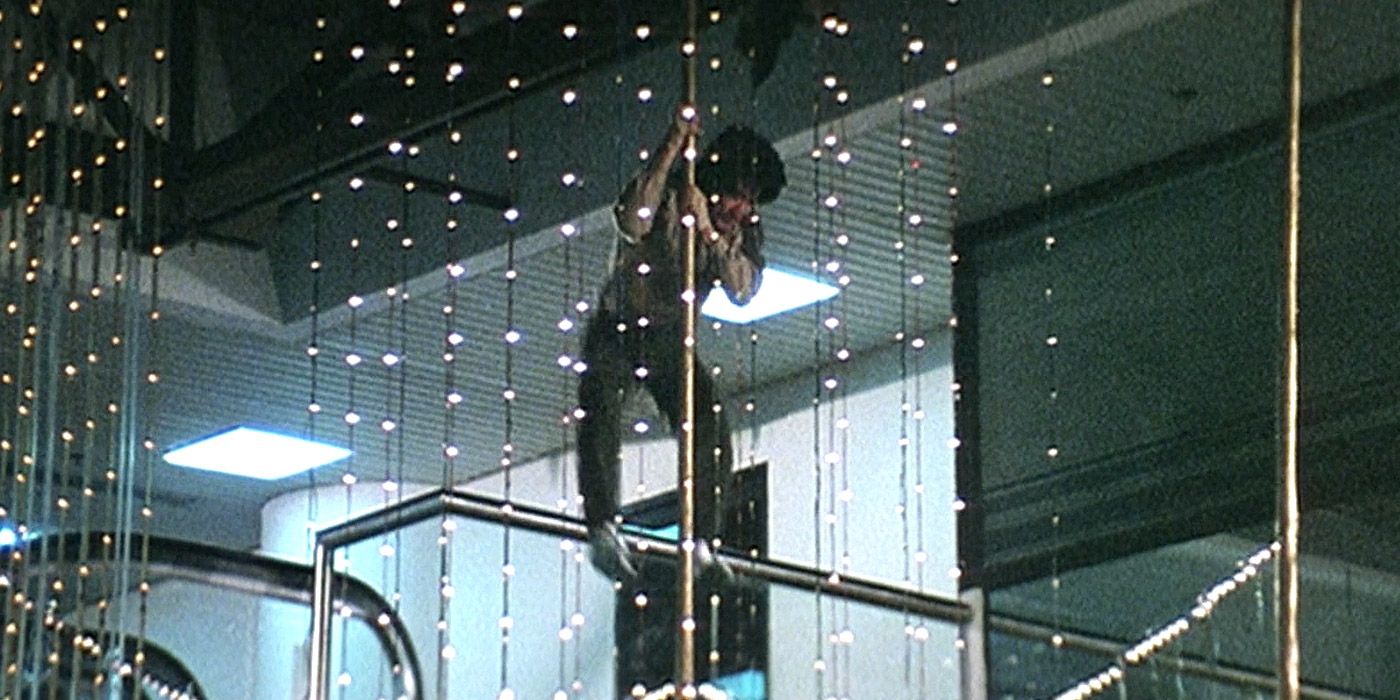

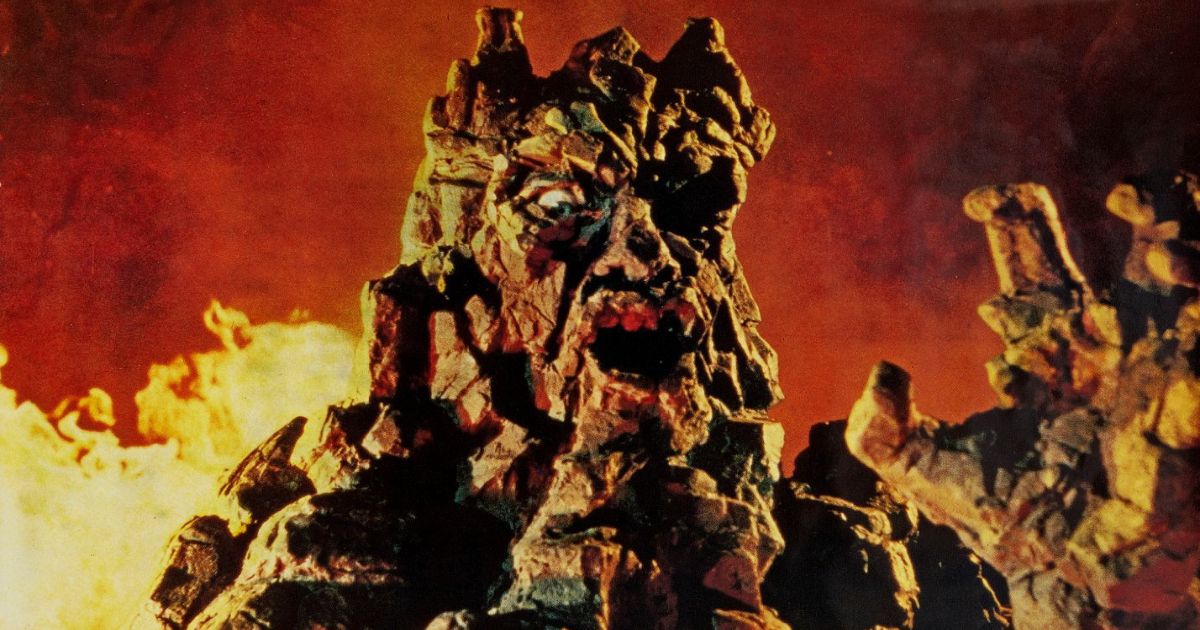

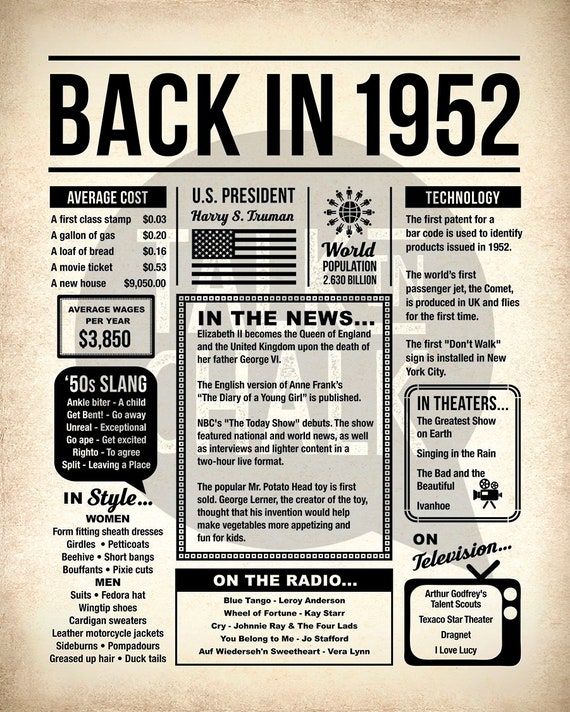
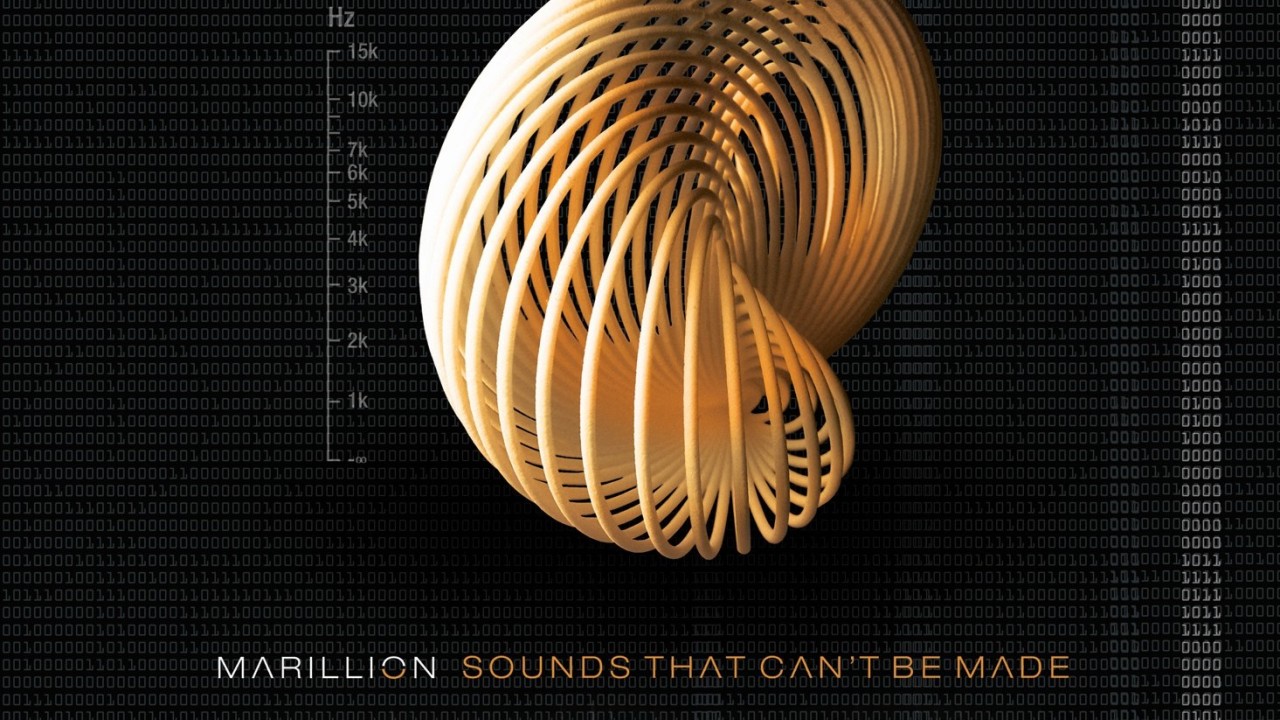

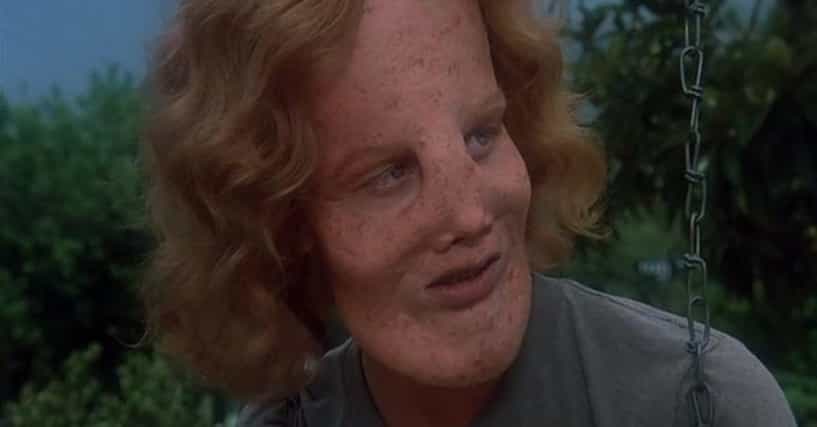

:max_bytes(150000):strip_icc()/back-to-the-future_0-cd25692758ab4541a44f70cff6283c85.jpg)
You must be logged in to post a comment.